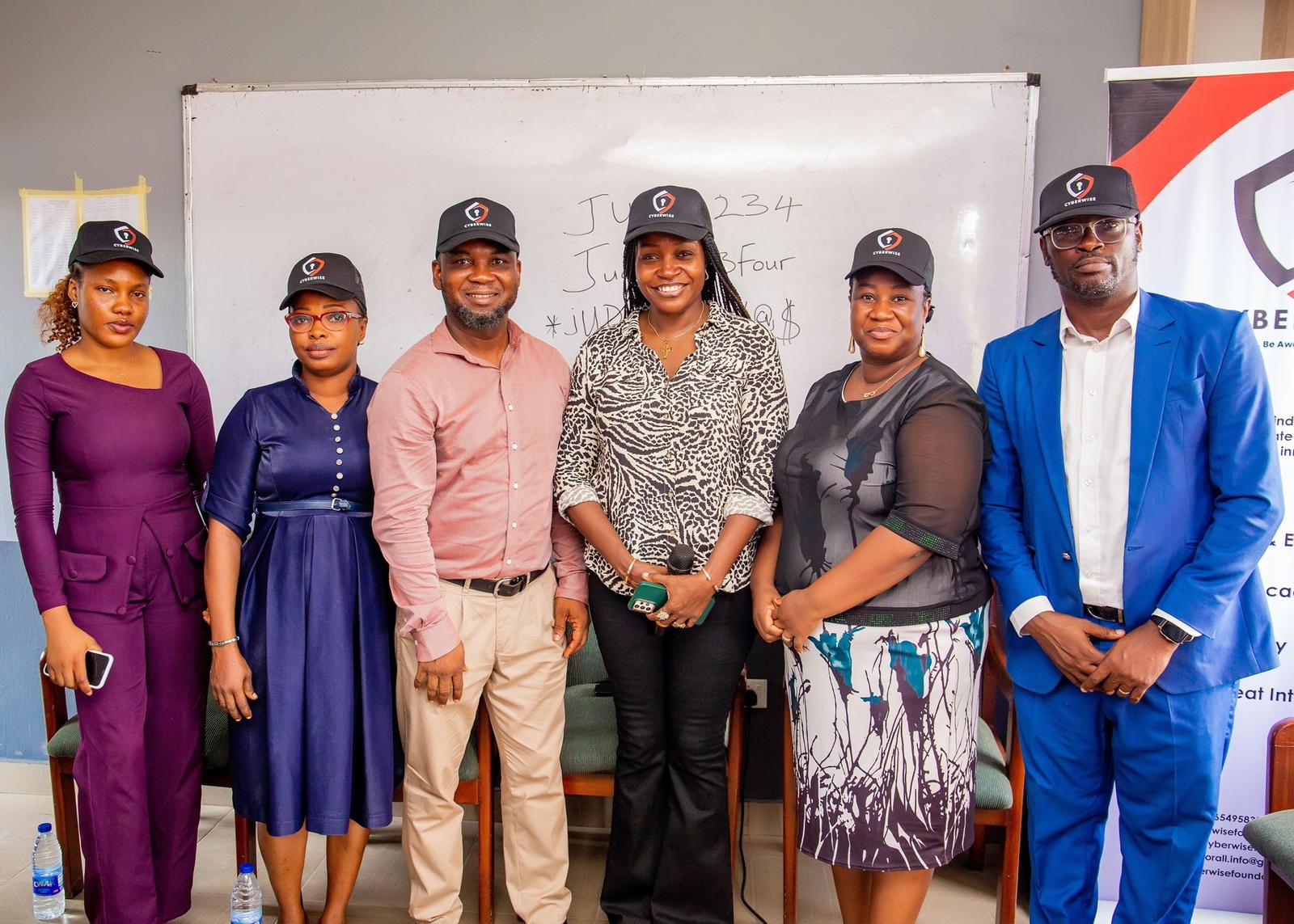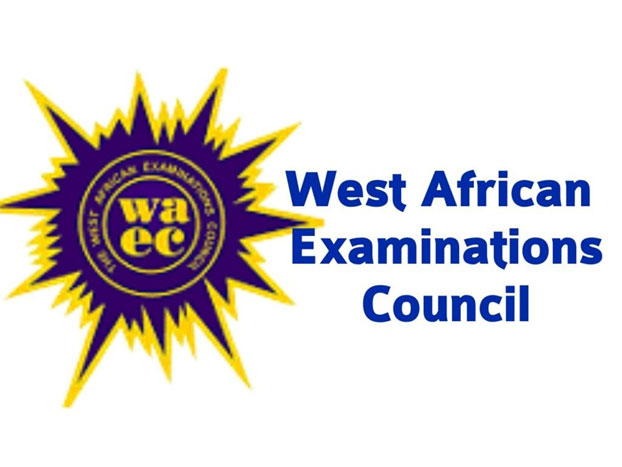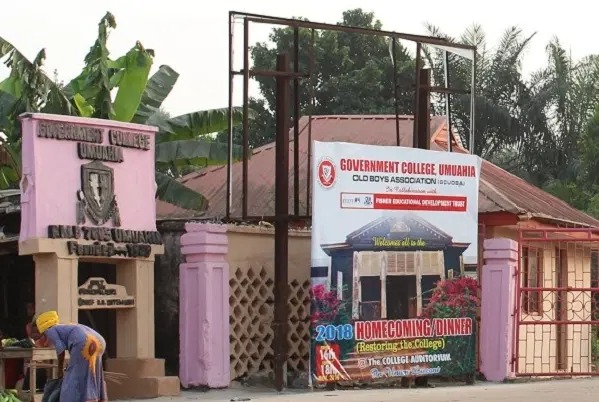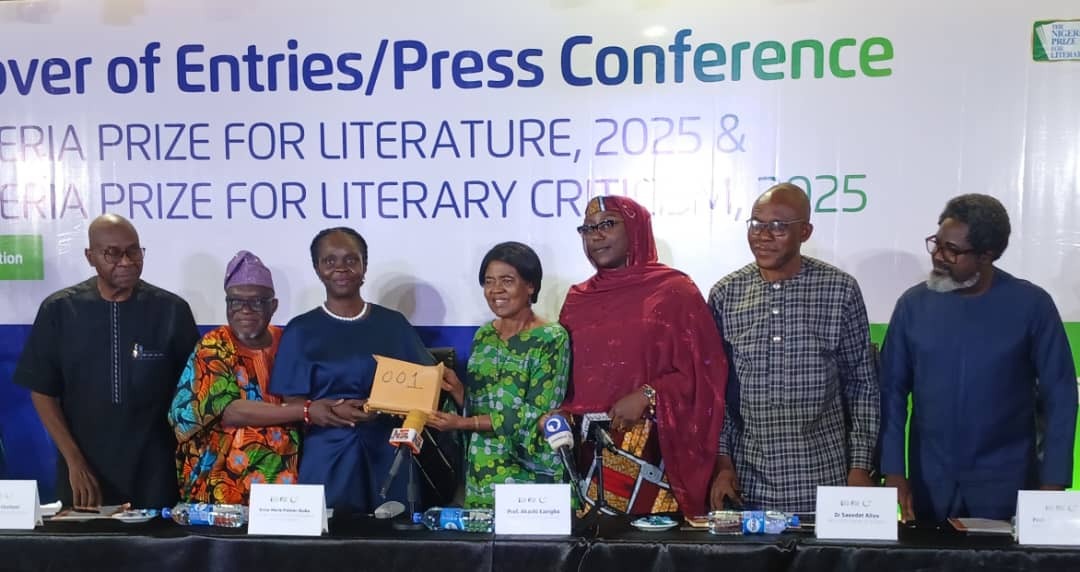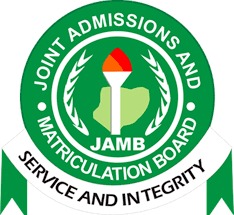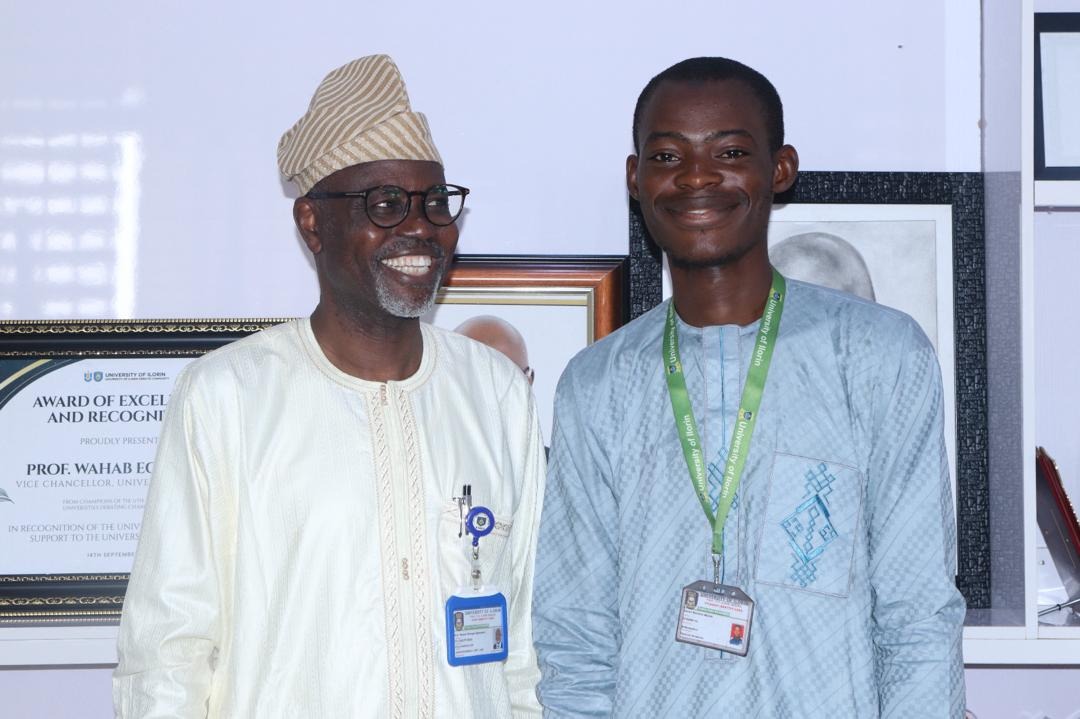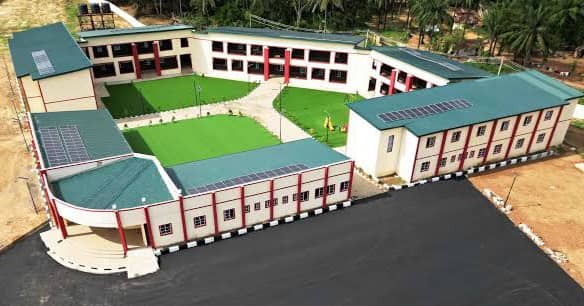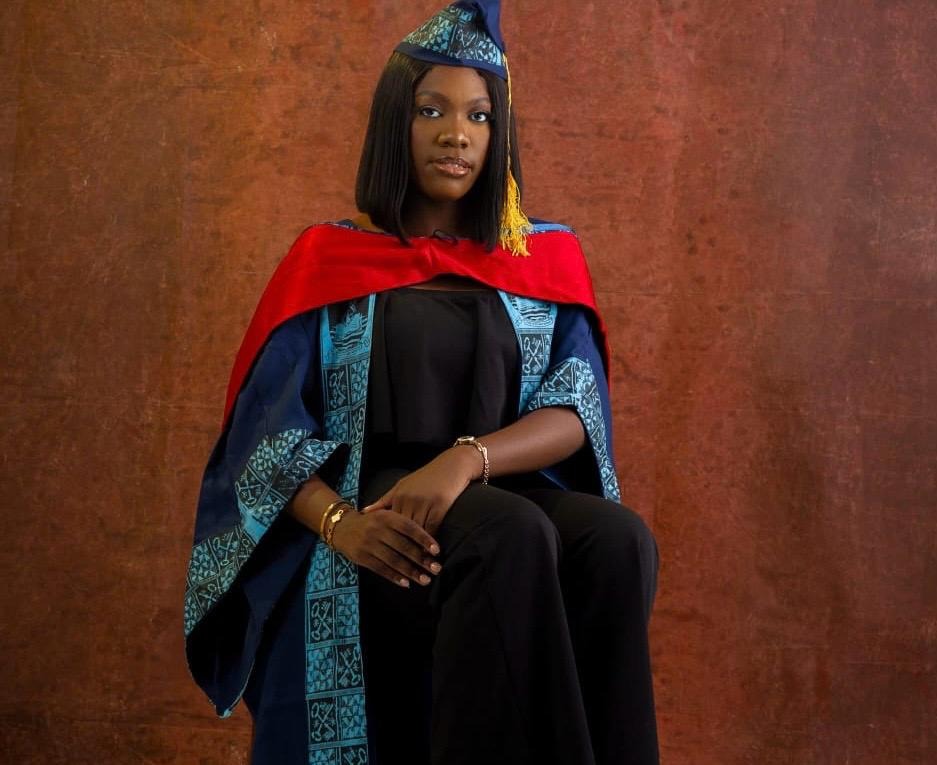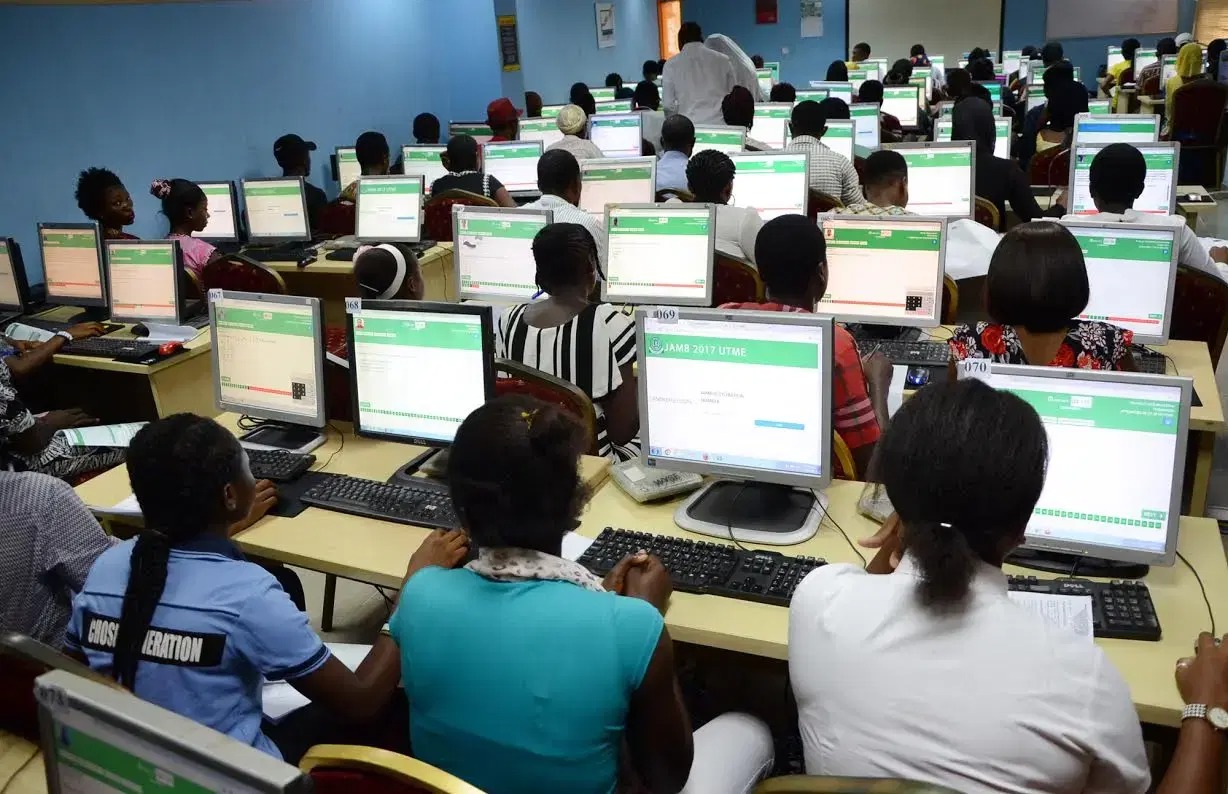Students of Dr Soyemi Memorial Secondary School, located in the FESTAC area of Lagos, have been enlightened on cybersecurity at the cyber awareness and enlightenment workshop organised by Cyberwise Foundation on April 30, 2025. Members of the Cyberwise Foundation, led by the founder, Olukunmi Abbas Owoade, met the students in high spirits and took them …
